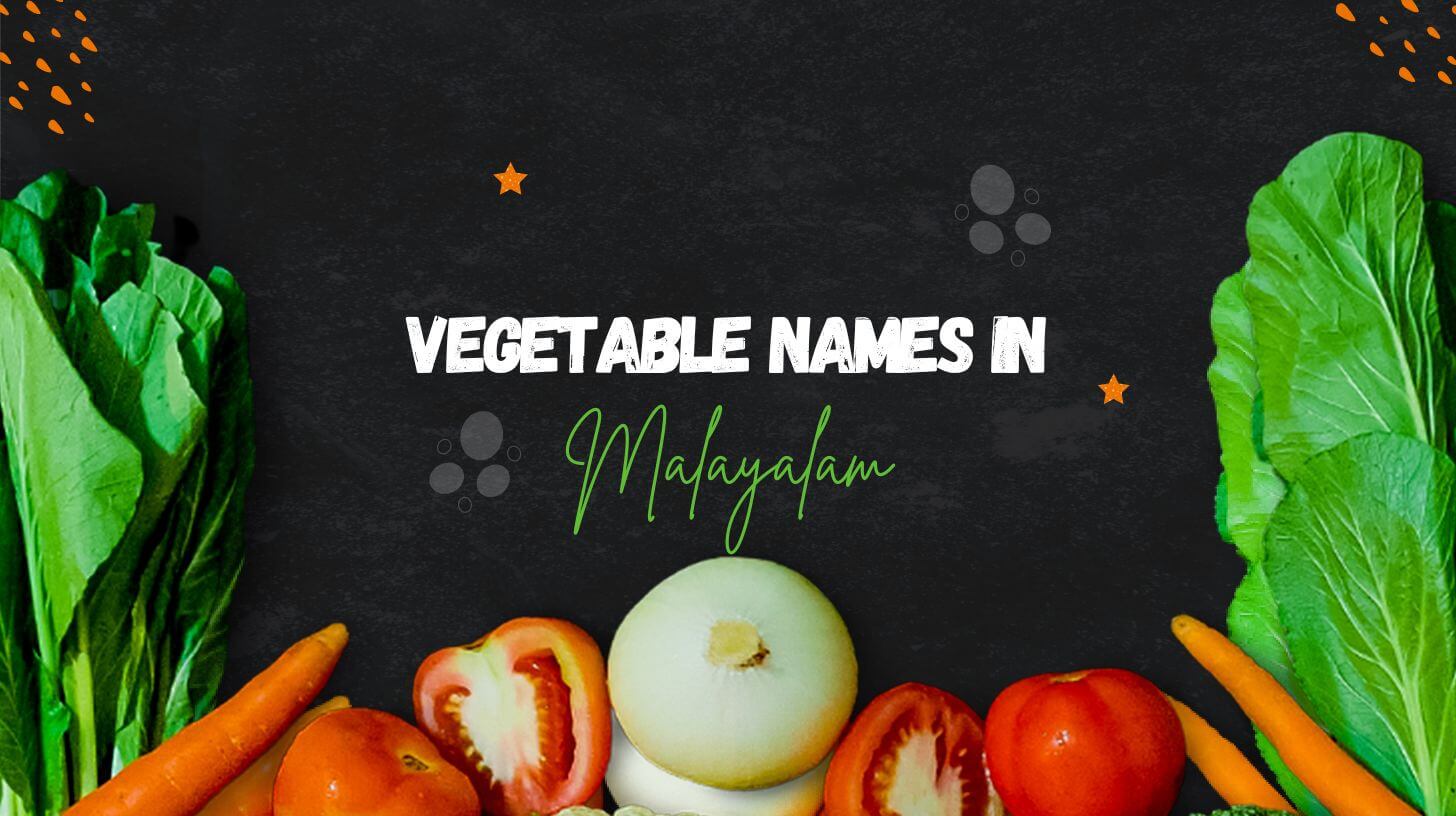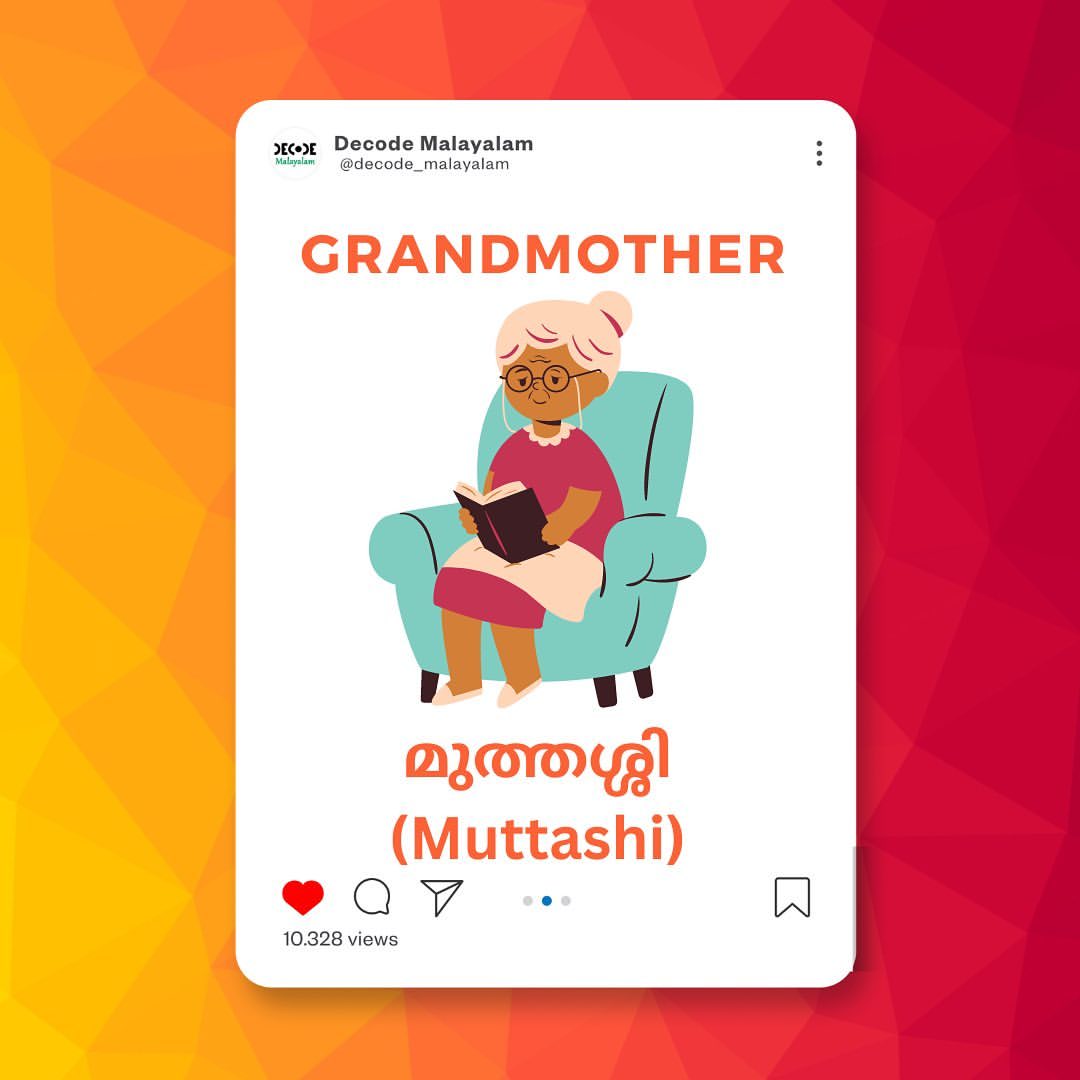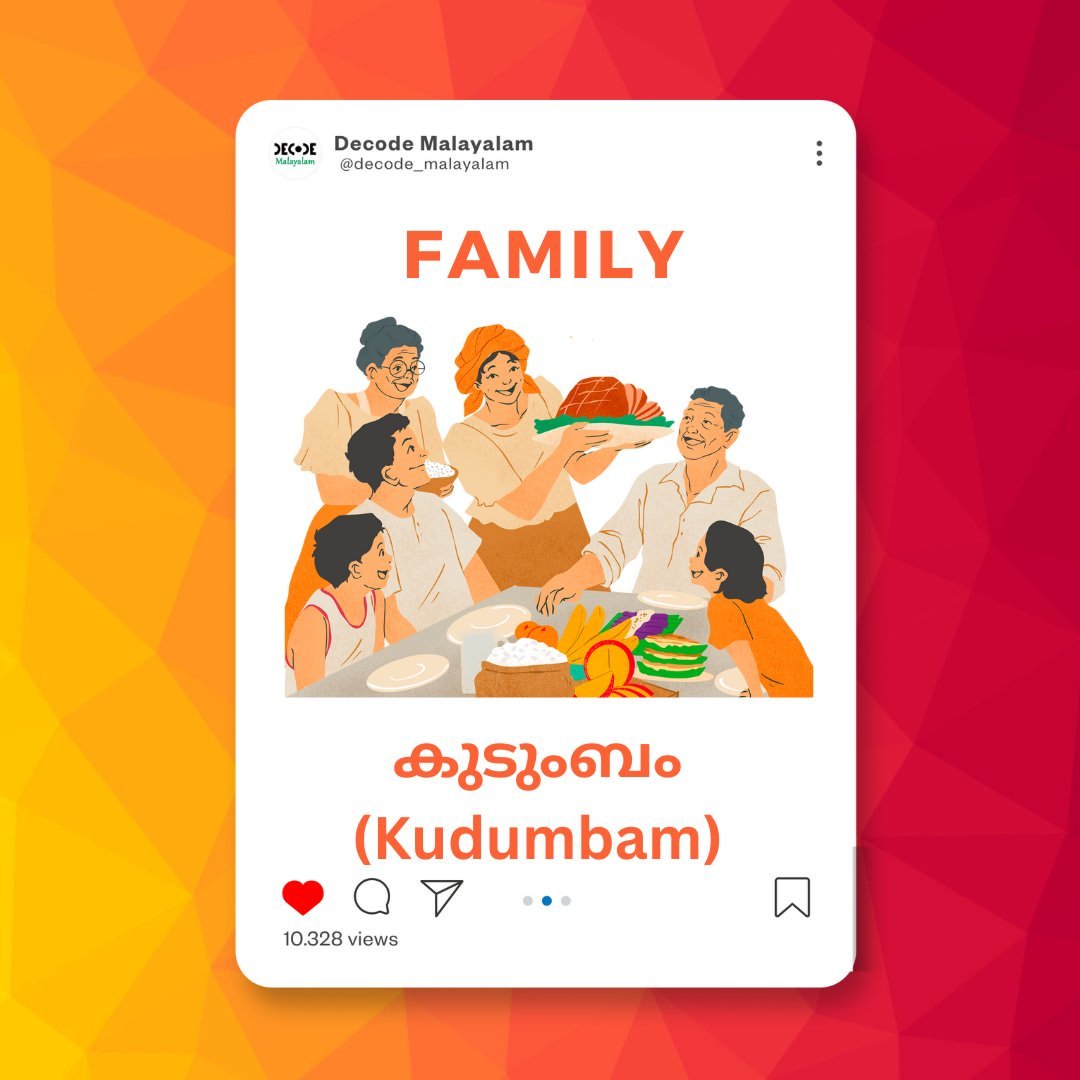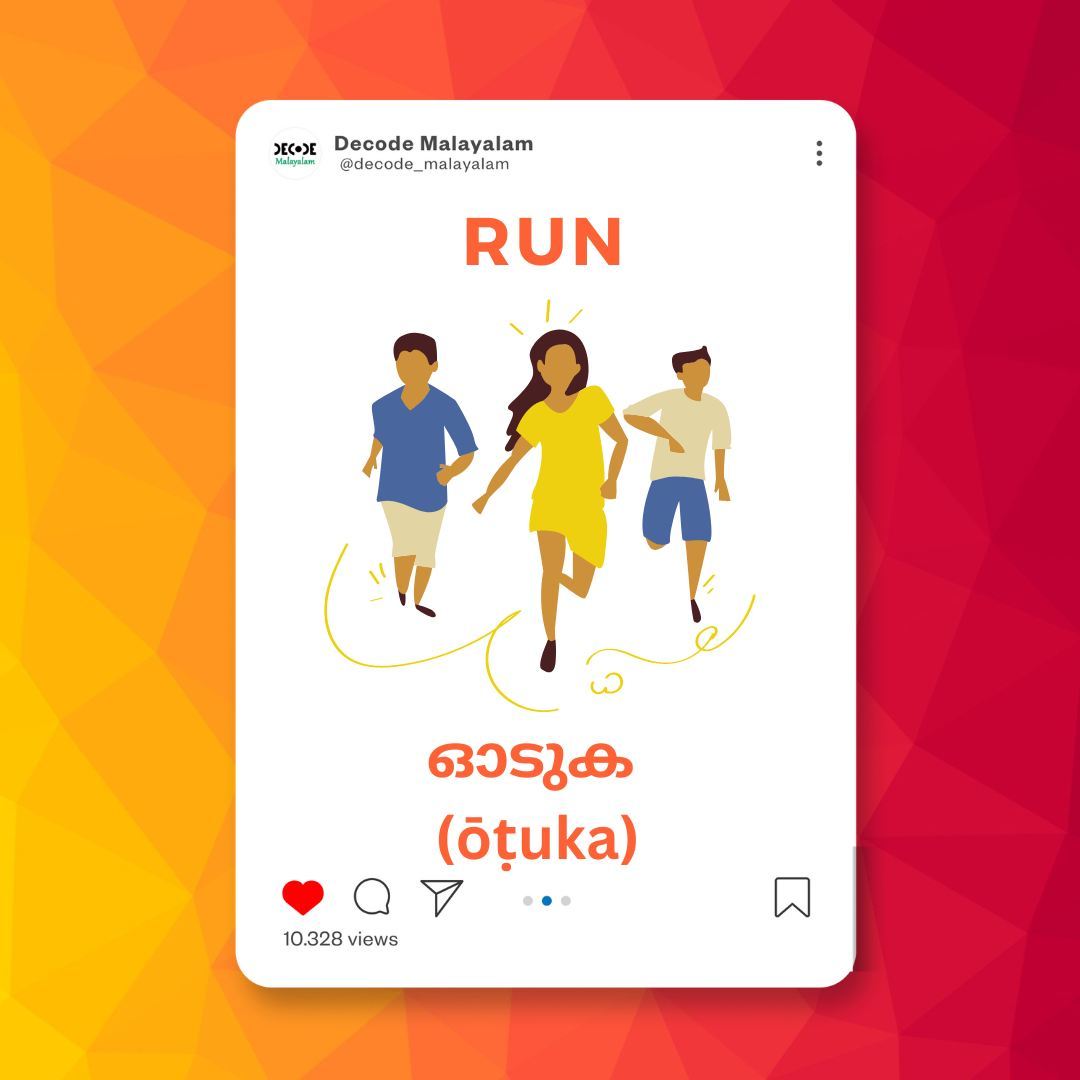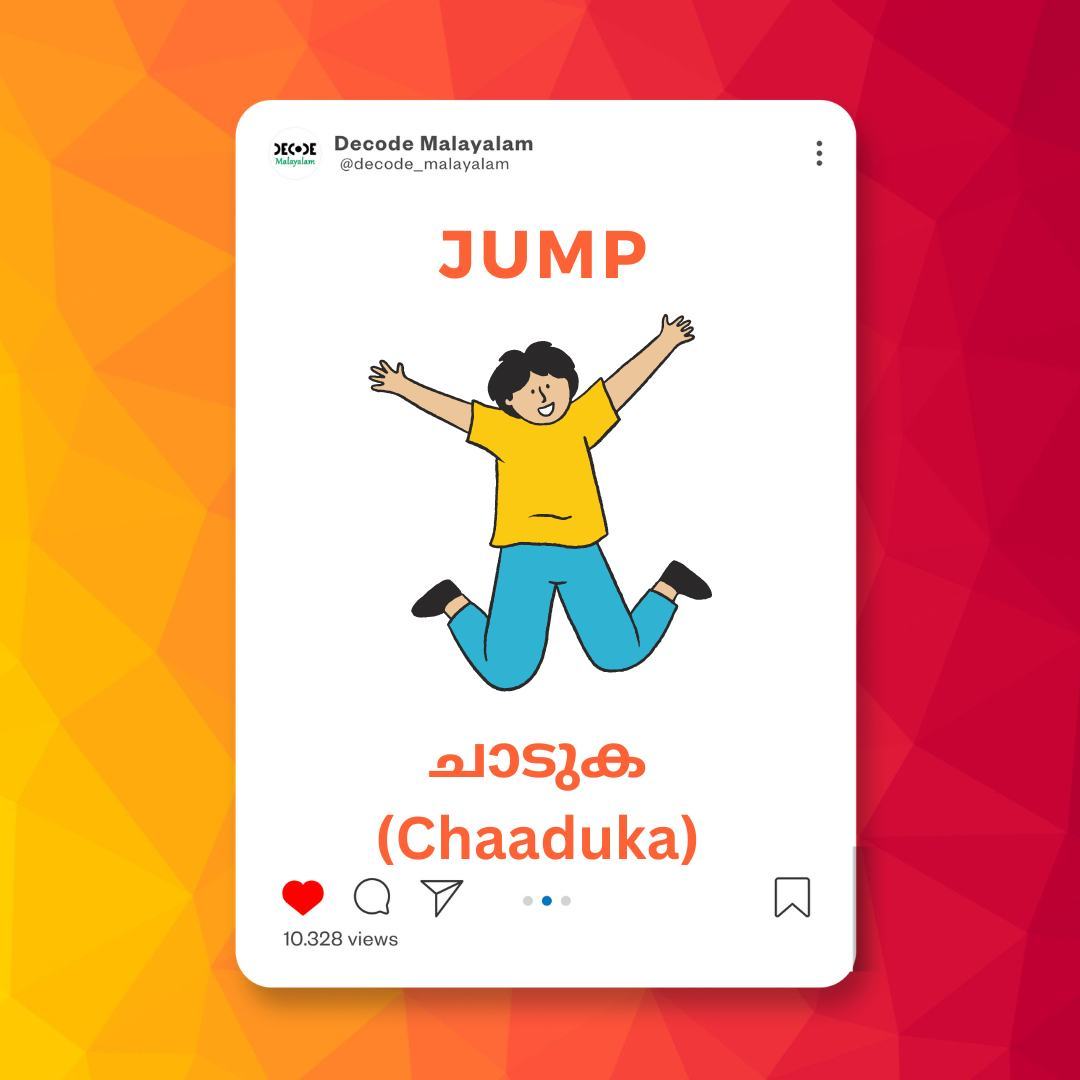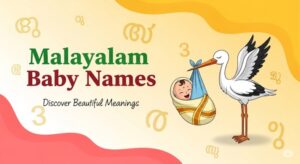Embarking on a language-learning adventure is more than just words and phrases; it’s about connecting with a new culture. For those keen on picking up Malayalam, a great starting point is getting to know the names of everyday veggies in this South Indian language. In this easy-to-follow listicle, we’ll explore why learning vegetable names in Malayalam is not just educational but also fun!
Images and the Vegetable Names in Malayalam
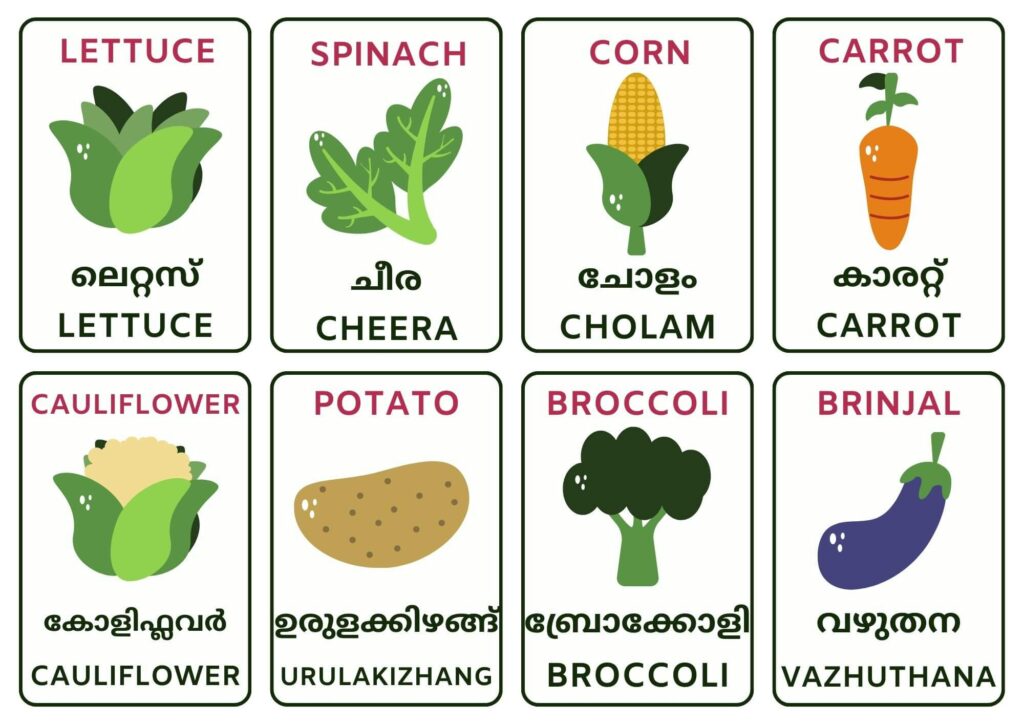
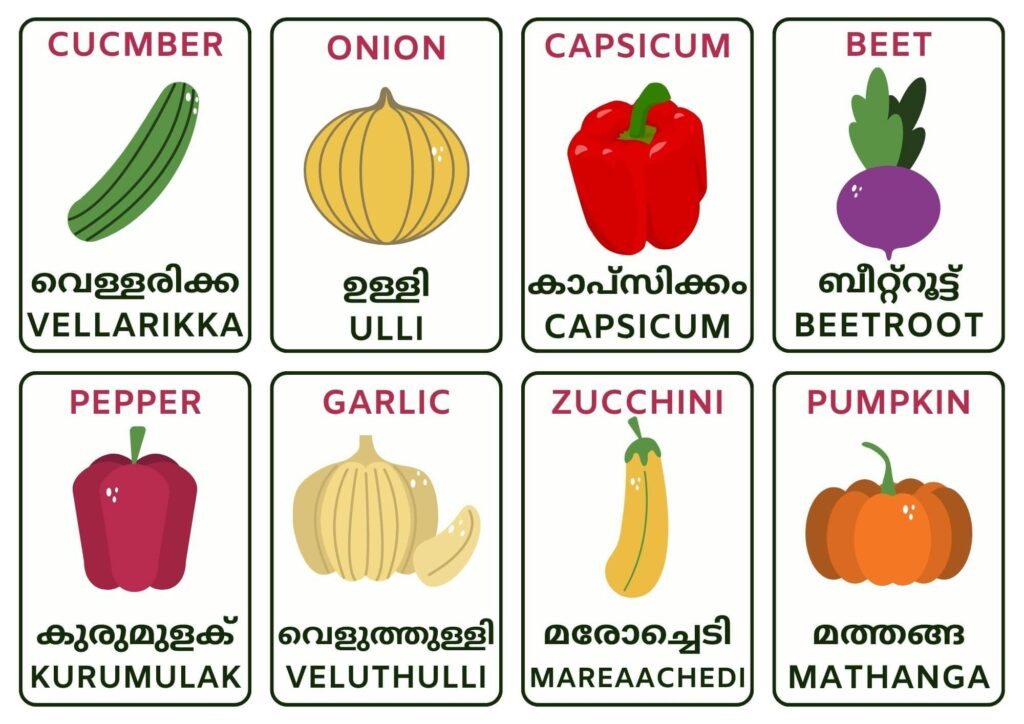
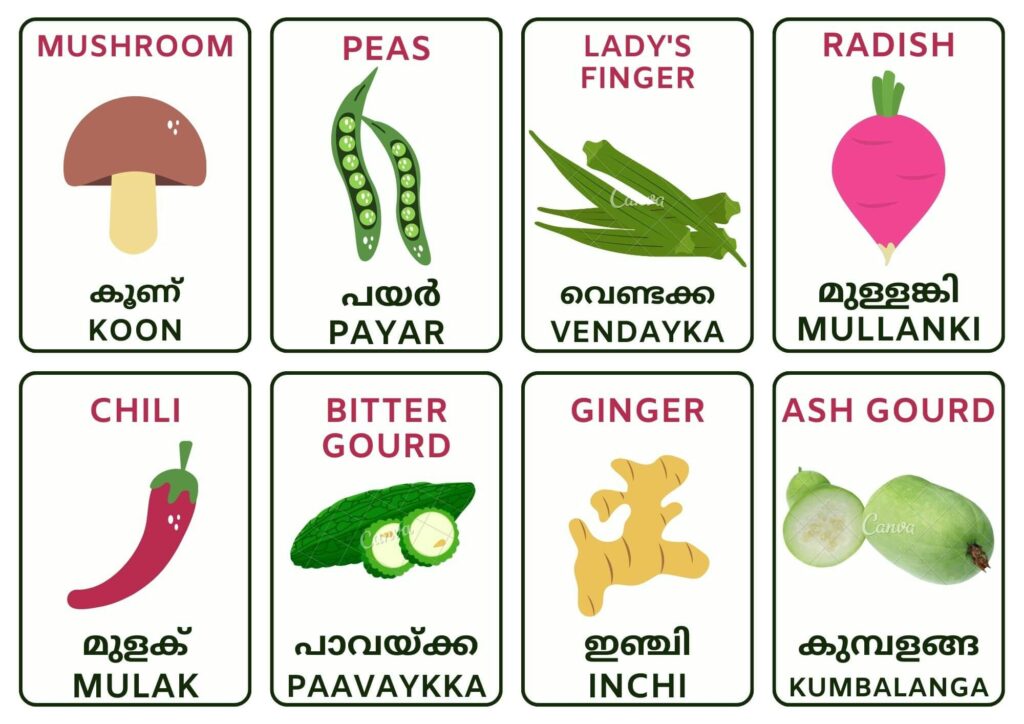
| Malayalam | Manglish | English |
| ചീര | Cheera | Spinach |
| മത്തങ്ങാ | Mathanga | Pumpkin |
| വെണ്ടയ്ക്ക | Vendayka | Ladies FInger |
| തക്കാളി | Thakkali | Tomato |
| ബീറ്റ്റൂട്ട് | Beetroot | Beetroot |
| ക്യാരറ്റ് | carrot | Carrot |
| ഇഞ്ചി | Inchi | Ginger |
| ഉരുള കിഴങ്ങ് | Urula Kizhang | Potato |
| പച്ചമുളക് | Pacha Mulak | Greenchilli |
| മധുര കിഴങ്ങ് | Madhura Kizhang | Sweet Potato |
| കൂർക്ക | Koorka | Chinese potato |
| പാവയ്ക്ക | Pavayka | Bitter gourd |
| വെളുത്തുള്ളി | Veluthulli | Garlic |
| വഴുതനങ്ങ | Vazhuthananga | Brinjal |
| ചേന | Chena | Elephant Foot Yam |
| ക്യാബേജ് | Cabbage | cabbage |
| പച്ച മാങ്ങാ | Pacha Manga | Raw Mango |
| വെള്ളരിക്ക | Vellarikka | Cucumber |
| കക്കരിക്ക | Kakkarikka | Salad cucumber |
| കൂൺ | Koon | Mushroom |
| ലെറ്റൂസ് | Lettuce | Lettuce |
| ചോളം | Cholam | Corn |
| കോളിഫ്ലവർ | Cauliflower | Cauliflower |
| ബ്രോക്കോളി | Broccoli | Broccoli |
| കാപ്സിക്കം | Capsicum | Capsicum |
| കുരുമുളക് | Kurumulak | Pepper |
| മരോച്ചെടി | Marochedi | Zucchini |
| മുള്ളങ്കി | Mullanki | Radish |
| കുമ്പളങ്ങ | Kumbalanga | Ash Gourd |
| ഉള്ളി | Ulli | Onion |
| ചെറിയ ഉള്ളി | Cheirya Ulli | Shallot |
| കപ്പ | Kappa | Tapioca |
| ബോക് ചോയ് | Bok Choy | Bok Choy |
| ഗ്രീൻ പീസ് | Green Peas | Green Peas |
| പടവലങ്ങ | Padavalanga | Snake gourd |
| ചിരങ്ങ | Chiranga | Bottle gourd |
| കോവയ്ക്ക | Kovaykka | Ivy gourd |
| പച്ച പപ്പായ | pacha pappaaya | Green papaya |
| മുരിങ്ങക്ക | Muringakka | Drumstick |
| ഉള്ളി | Ulli | Spring onion |
| മഞ്ഞൾ | Manjal | Turmeric |
| കൂർക്ക | Koorkka | Chinese potato |
| കൂവ | Koova | Arrowroot |
| ശതാവരി | Shathavari | Asparagus |
| വാഴപ്പിണ്ടി | Vazhapindi | Banana Steam |
| വാഴക്കൂമ്പ് | Vaazhakoomb | Banana flower |
| പച്ച ഏത്തക്കായ | Pacha Eathakkaya | Raw Banana |
| ഇഞ്ചിപ്പുല്ല് | Inchi pullu | Lemon grass |
| ചുവന്ന ചീര | Chuanna Cheera | Red Spinach |
| ചേമ്പ് | Chembu | Taro root |
| മല്ലിയില | Malliyila | Coriander leaves |
| പുതിന ഇല | Puthina Ila | Mint leaves |
Bottle Gourd in Malayalam – പാവയ്ക്ക (Pavaykka)
Bottle gourd in Malayalam is known as “പാവയ്ക്ക” (Pavaykka). This elongated, pale green vegetable is a staple in Kerala kitchens, celebrated for its versatility and health benefits. Including Pavaykka in your diet aids in digestion and provides a good dose of vitamins and minerals. Embrace the cultural richness by learning to pronounce and recognize “Pavaykka” in Malayalam.
Ash Gourd in Malayalam – കുമ്പളങ്ങ (Kumbalanga)
In Malayalam, Ash Gourd is referred to as “കുമ്പളങ്ങ” (Kumbalanga). This whitish-green vegetable is commonly used in traditional Kerala dishes, bringing a mild, refreshing flavor to curries and stews. Understanding “Kumbalanga” in Malayalam not only adds to your culinary vocabulary but also opens doors to explore the diverse and healthy recipes featuring this vegetable.
Tomato in Malayalam – തക്കാളി (Takkali)
Known as “തക്കാളി” (Takkali) in Malayalam, tomatoes are a vibrant and essential ingredient in Kerala cuisine. “Takkali” adds a tangy twist to curries and salads, enhancing both flavor and color. Familiarizing yourself with this word in Malayalam enhances your grocery shopping experience, making it easier to identify and select fresh tomatoes for your culinary endeavors.
Garlic in Malayalam – വെളുത്തുള്ളി (Veluthulli)
In Malayalam, Garlic is referred to as “വെളുത്തുള്ളി” (Veluthulli). Recognized for its pungent flavor and numerous health benefits, Veluthulli is a key player in many Kerala dishes. Learning to pronounce and understand “Veluthulli” not only adds to your language skills but also deepens your appreciation for the aromatic and flavorful role garlic plays in Malayali cuisine.
Brinjal in Malayalam – വഴുതന (Vazhuthananga)
Brinjal in Malayalam is known as “വഴുതന” (Vazhuthananga). This purple vegetable is a versatile ingredient in Kerala kitchens, featured in curries, stir-fries, and pickles. Understanding “Vazhuthananga” not only enriches your vocabulary but also opens the door to exploring the diverse ways this vegetable is incorporated into traditional Malayali recipes.
Ginger in Malayalam – ഇഞ്ചി (Inchi)
In Malayalam, Ginger is called “ഇഞ്ചി” (Inchi). Renowned for its distinctive flavor and medicinal properties, Inchi is a crucial ingredient in many Kerala dishes. Knowing the term “Inchi” adds to your language proficiency and enhances your understanding of the significant role ginger plays in Malayali culinary traditions.
Lady’s Finger in Malayalam – വെണ്ടക്ക (Ventaykka)
Lady’s Finger in Malayalam is referred to as “വെണ്ടക്ക” (Ventaykka). This green, slender vegetable is a favorite in Kerala kitchens, often featured in stir-fries and curries. Learning to recognize “Ventaykka” not only aids in grocery shopping but also allows you to appreciate the delicate flavor and texture this vegetable brings to Malayali dishes.
Onion in Malayalam – ഉള്ളി (Ulli)
Onion in Malayalam is known as “ഉള്ളി” (Ulli). A fundamental ingredient in many Kerala recipes, “Ulli” adds depth and flavor to curries, chutneys, and more. Understanding the term “Ulli” enhances your ability to navigate the local markets, ensuring you select the right onions for your culinary creations.
Potato in Malayalam – ഉരുളക്കിഴങ്ങ് (Urulakkizhang)
Potato in Malayalam is called “ഉരുളക്കിഴങ്ങ്” (Urulakkizhang). This starchy vegetable is a versatile addition to Kerala cuisine, featured in curries, snacks, and savory dishes. Familiarizing yourself with “Urulakkizhang” in Malayalam not only expands your language skills but also broadens your culinary horizons.
Spinach in Malayalam – ചീര (Cheera)
In Malayalam, Spinach is referred to as “ചീര” (Cheera). Packed with nutrients, “Cheera” is a common leafy green used in Kerala cooking. Learning to identify “Cheera” not only aids in grocery shopping but also allows you to explore the nutritious and delicious ways this vegetable is incorporated into Malayali dishes.
What is the importance of learning the vegetable names in Malayalam?
1. Dive into Kerala’s Culture:
Learning the names of veggies in Malayalam is like unlocking stories about Kerala’s rich culture. Each vegetable has its tale, connecting you to traditions, local specialties, and the heartwarming feel of home-cooked meals. It’s a peek into the wonderful world of Malayalam-speaking communities.
2. A Smooth Shopping Experience:
Imagine strolling through a Kerala market, surrounded by colorful produce. Knowing vegetable names in Malayalam makes this experience a breeze. Chat with local vendors, ask for recommendations, and feel a part of the community through a shared love for fresh ingredients.
3. Cook Up Malayali Delights:
For cooking enthusiasts, learning vegetable names in Malayalam opens doors to new culinary adventures. Try out traditional recipes, experiment with local flavors, and truly savor the essence of Kerala’s delicious dishes. It’s not just about taste; it’s about infusing your meals with the love that defines Malayali cuisine.
4. Language Learning Beyond Books:
Learning a language is more than just rules and textbooks. By understanding Malayalam vegetable names, you weave language learning into your daily life. This practical approach makes it enjoyable and helps you remember words by connecting them to real-life experiences.
5. Embracing Diversity:
In our diverse world, learning Malayalam and its vegetable names promotes inclusivity. It’s an invitation to connect with the Malayali community, share experiences, and appreciate the beauty of different languages and cultures.
Conclusion: As you embark on this linguistic and cultural journey to learn vegetable names in Malayalam, consider taking your language learning to the next level. Decode Malayalam awaits, offering a unique blend of experienced teaching staff and native teachers. Our platform helps you to improve to learn Malayalam sentence structure, Malayalam alphabets and learn Malayalam through English. Contact us today and book your free demo class – an opportunity to immerse yourself in the beauty of Malayalam, where language meets culture.

